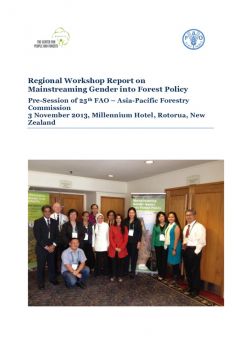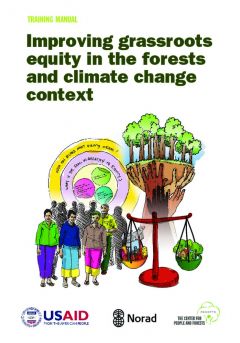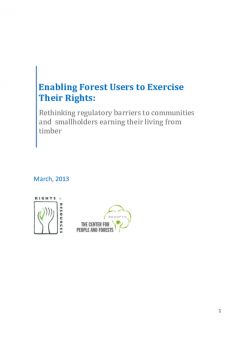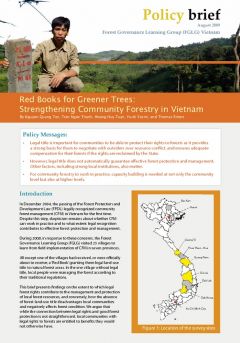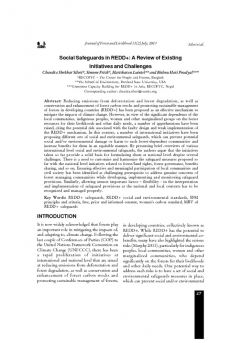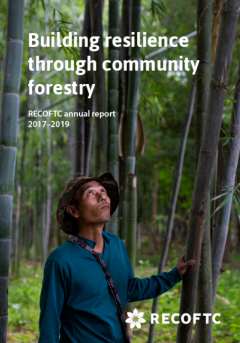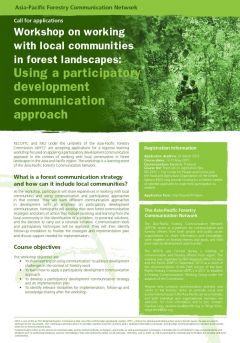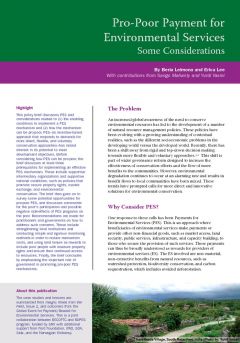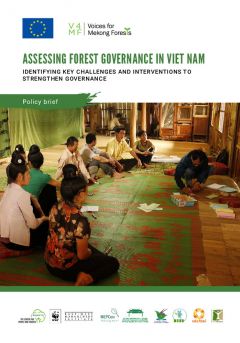Regional Workshop Report on mainstreaming gender into forest policy
Within the context of RECOFTC’s overall goal to strengthen rights, improve governance and ensure equitable benefits to forest dependent men, women and other excluded groups, RECOFTC has been implementing a Food and Agriculture Organization of the United Nations Regional Office for Asia and the Pacific (FAO-RAP) funded project entitled “Mainstreaming Gender into Forest Policies”.

